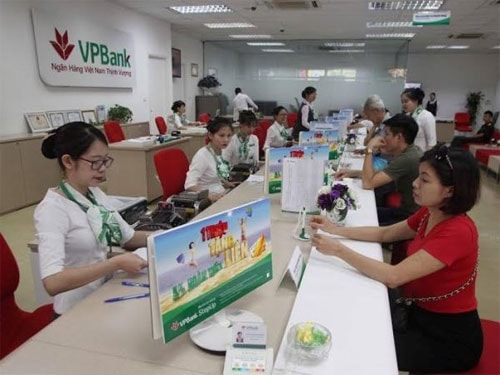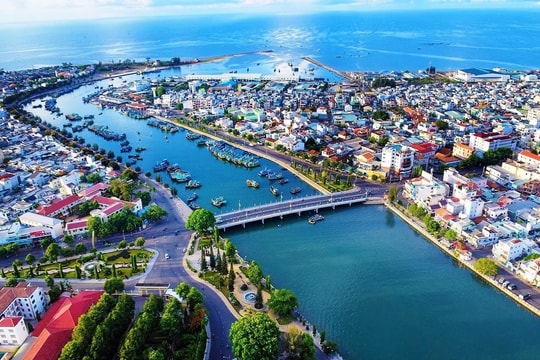 |
During a seminar co-hosted by the SBV and German Agency for International
Cooperation (GIZ) in Hanoi on August 7, Anh urged banks to adopt social and
environment risk management principles when it comes to credit supply.
Pham Xuan Hoe from the SBV’s Banking Strategy Institute said climate change,
environment pollution and CO2 emission force banks to raise their sense of
responsibility for the society.
According to the GIZ, Vietnam needs at least 30.7 billion USD till 2020, or 15
percent of its gross domestic product in 2015, to fund its green growth
strategy.
It forecast that the country could reduce 85.12 million tonnes of CO2 by 2020
and 197.9 million tonnes by 2030, or 25 percent of the total.
Head of the Department of Science, Education, Natural Resources and Environment
Pham Hoang Mai suggested that the SBV issue framework policies on green finance,
encourage banks to provide preferential loans for green projects, and regularly
rally international green finance schemes.
He underscored the need to establish a green financial fund to access global
funding such as the Green Climate Fund, adding that financial institutions
should enforce internal policies on green banking and credit, as well as risk
governance policies while supporting the issuance of green bonds and attracting
domestic and foreign investment in green projects.
Michael Krakowski, Director of the Macroeconomic Reform/Green Growth Programme,
hailed Vietnam’s efforts and achievements in the process towards green growth.
He pledged to continue partnering with the SBV to contribute to successfully
realising national strategies on green economy, climate change response and
sustainable development.
Source: VNA




















.jpg)




.jpeg)

.jpeg)


.jpeg)


